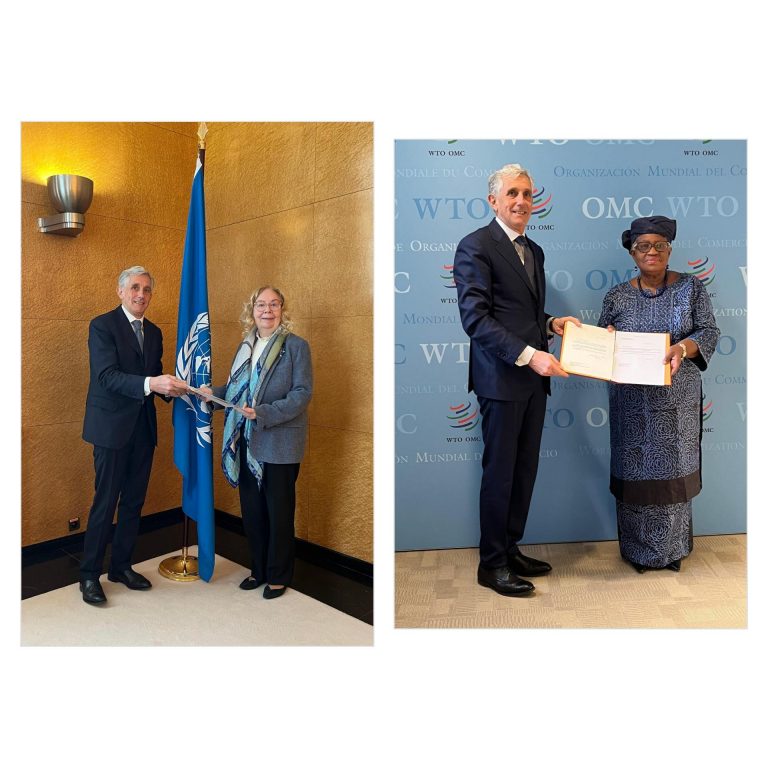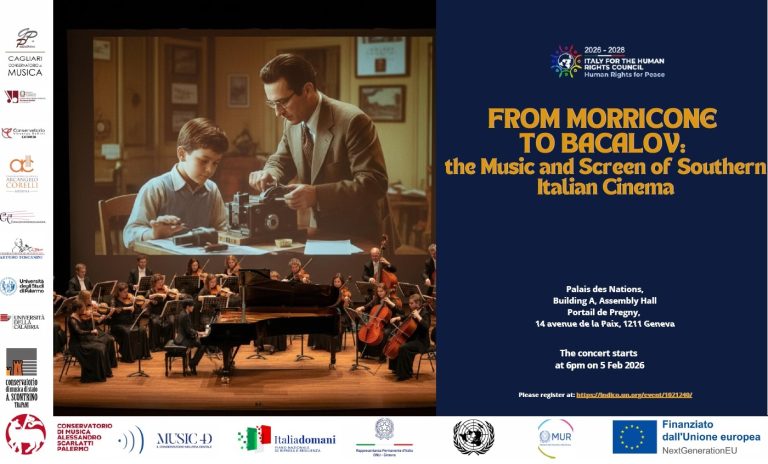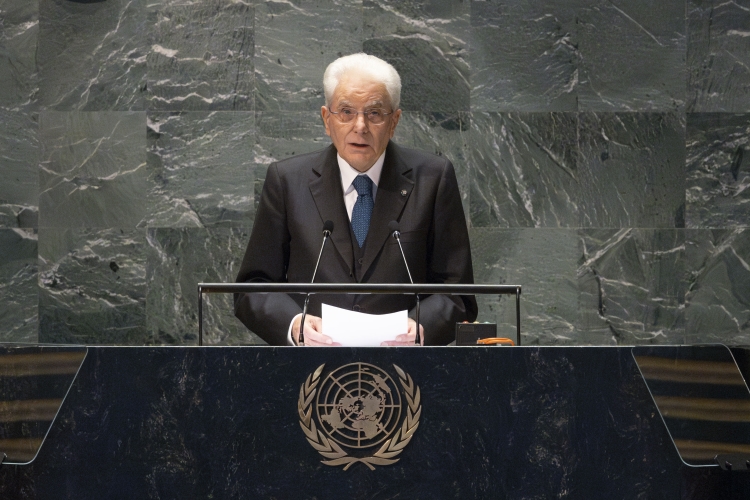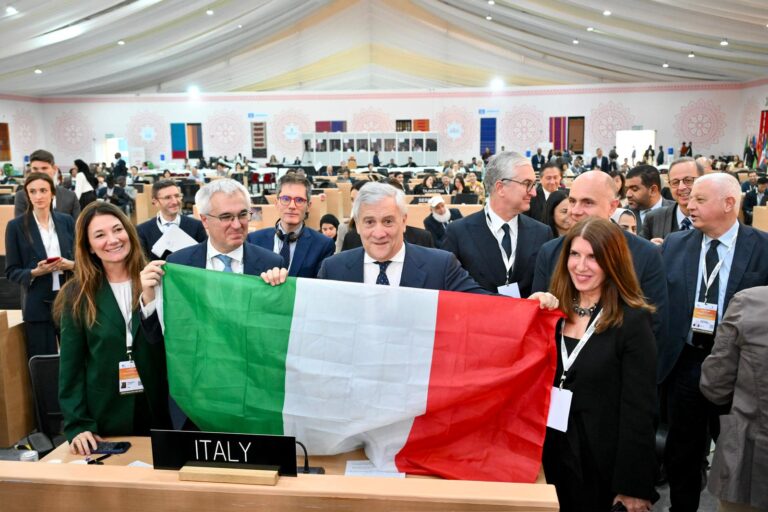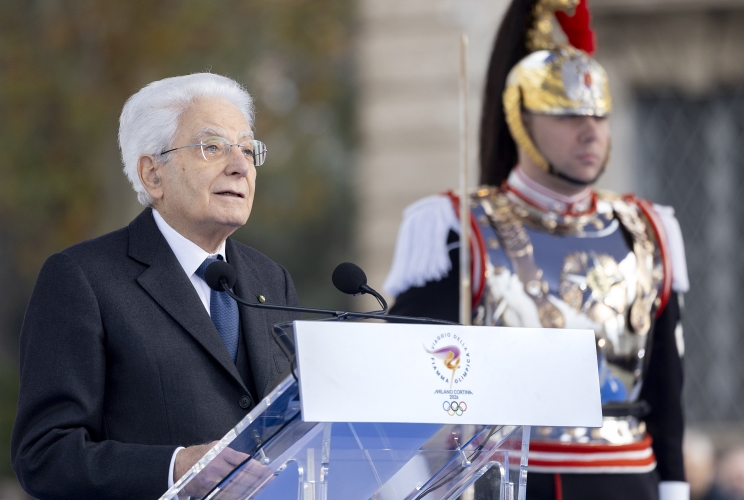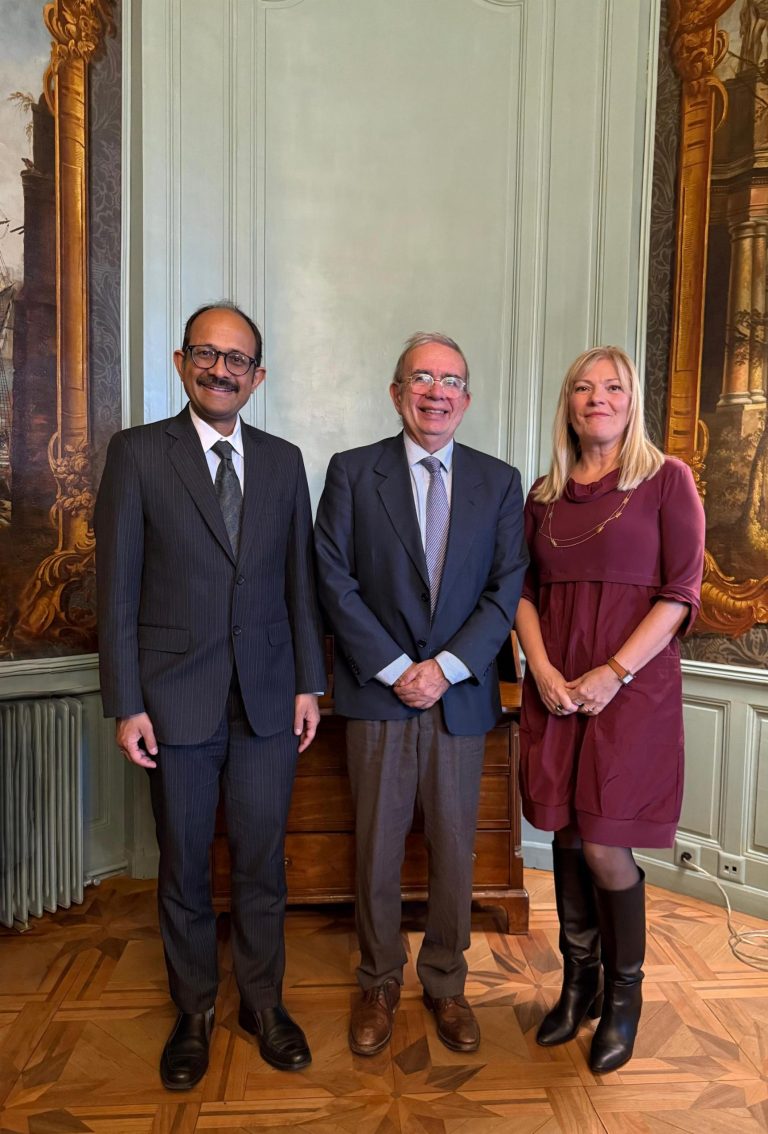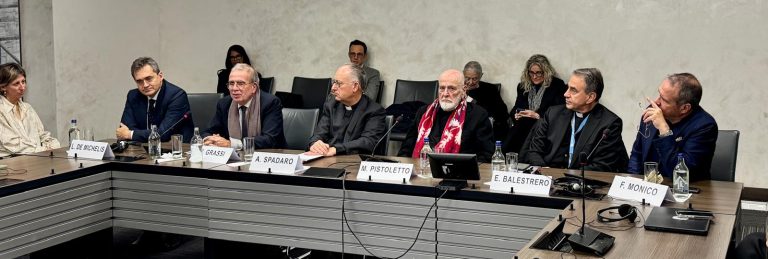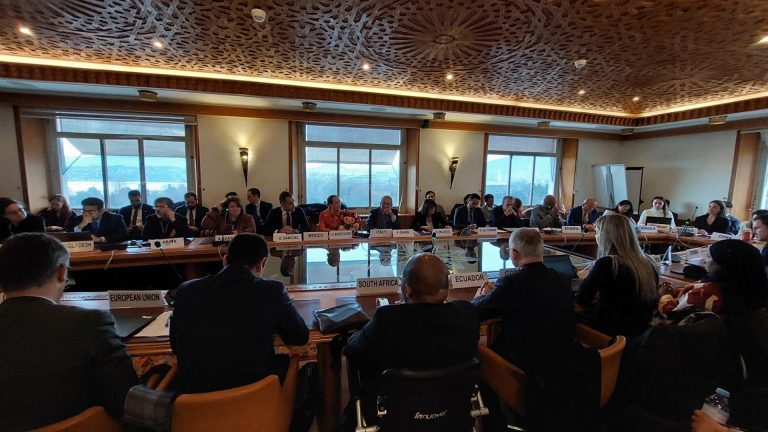The Undersecretary of State for Foreign Affairs and International Cooperation, Hon. Giorgio Silli, spoke today at the biennial high-level panel on the death penalty, opened by UN High Commissioner for Human Rights Volker Türk and focused on limiting the death penalty to the most serious crimes.
Undersecretary Silli recalled how “the campaign for the universal abolition of the death penalty is an absolute priority of Italian foreign policy”, expressing appreciation for the countries that have recently banned executions, confirming a global trend towards abolition. He also welcomed the growing support for the General Assembly resolution for a universal moratorium.
He went on to point out that although the death penalty is not yet prohibited under international law, the International Covenant on Civil and Political Rights stipulates that capital punishment may only be imposed for the most serious crimes. Despite this, he continued, ‘the death penalty is often instrumentalised as a means of intimidation and repression and applied to crimes that do not meet the threshold of seriousness required by international law’.
Undersecretary Silli then pointed out that, as reported by the UN Secretary-General, “we continue to witness a discriminatory use of executions against those who are most vulnerable, including minorities, who often see their right to a fair trial violated”.
“Italy, in an inclusive logic, will continue to commit itself at all levels on this issue, promoting dialogue within society, between governments and parliaments, and encouraging civil society organisations and their valuable work,” concluded Under-Secretary Silli, finally formulating an appeal to all retentionist countries to respect international law and consider adopting a moratorium on the death penalty, with a view to its complete abolition.





